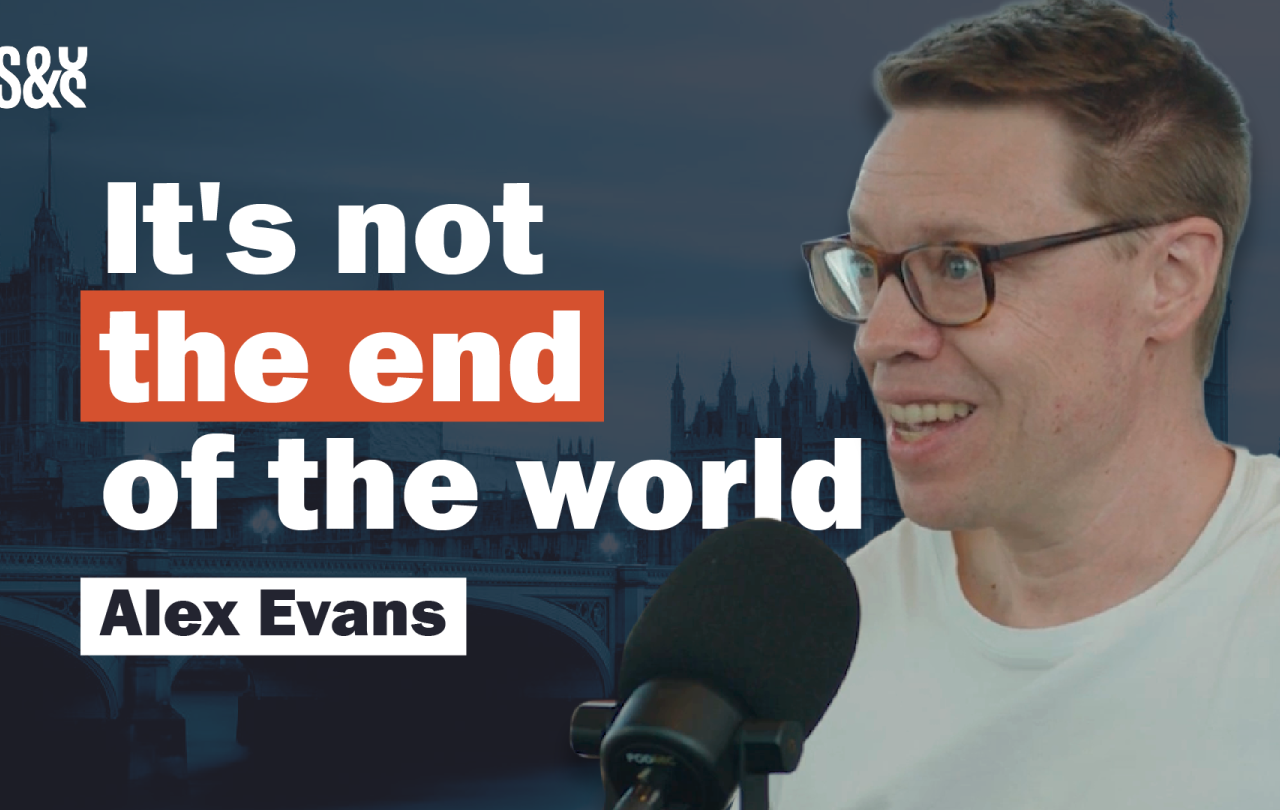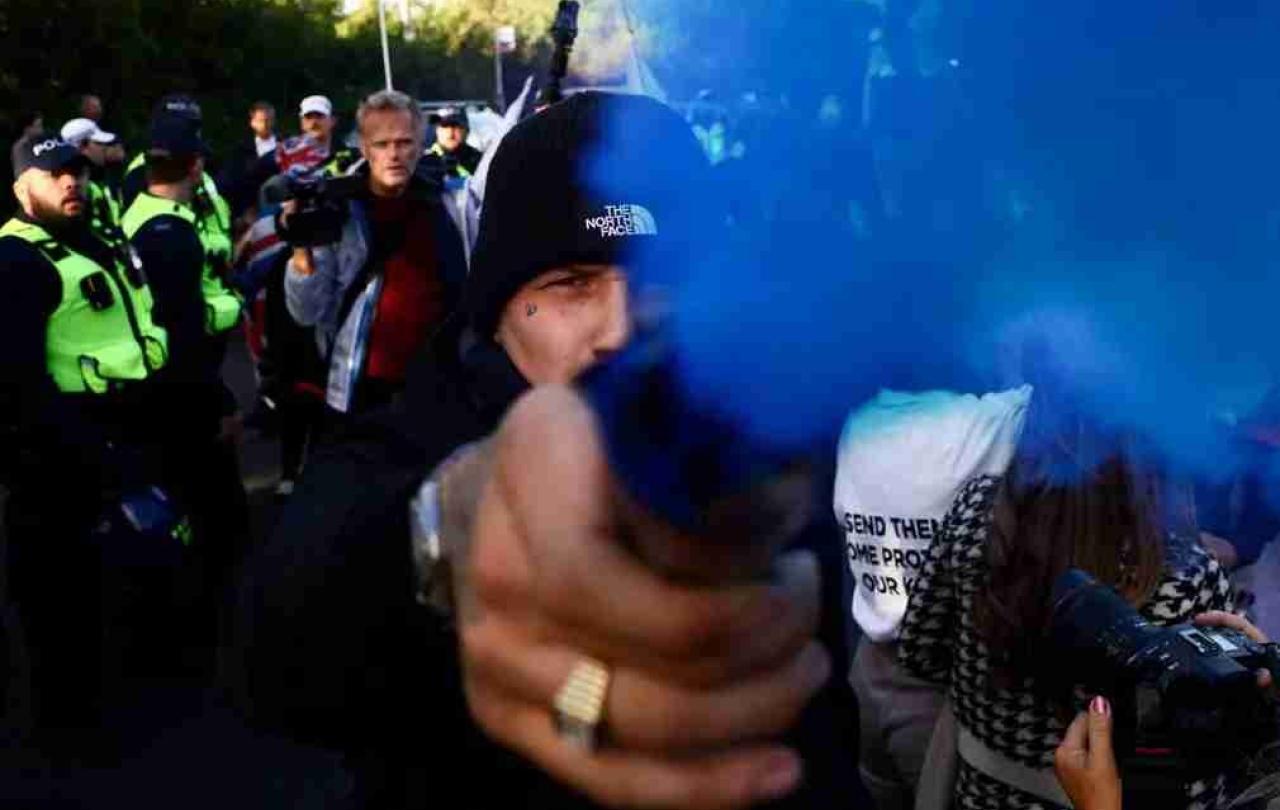
Alex Evans is the founder and Executive Director of Larger Us - a community of change-makers seeking to bridge divides and bring people together. Alex has previously worked as a think tank researcher, as a special adviser to two cabinet ministers, in the UN Secretary-General’s office and as a consultant for organisations from Oxfam to the US National Intelligence Council.
It’s given Alex a perspective on just how bad things can be in the world. Many have described our era as a ‘polycrisis’ or ‘permacrisis', as climate change, war, technology, immigration and the rise of extremism threaten to destabilise the world.
So how do we deal with 24 hour doom-scrolling? And how can Christian faith speak to a world where everything seems to be falling apart?
Last year Alex began a Substack titled ’The Good Apocalypse Guide’ about how we can survive and thrive to unlock a 'breakthrough' rather than 'breakdown' future.
Alex joins Belle and Justin as they attempt to re-enchant… the end of the world.
Listen now
During each series episodes go live every Wednesday.
Listen on Acast
Listen on Apple Podcasts
Listen on Spotify
Listen on Amazon Music
Watch now
Support Re-Enchanting
Since Spring 2023, thousands of people have enjoyed hundreds of podcast episodes and over 1,000 articles. All for free.
This is made possible through the generosity of our amazing community of supporters.
If you enjoy Re-Enchanting podcast, by Seen & Unseen, would you consider making a gift towards our work?
Do so by joining Behind The Seen. Alongside other benefits, you’ll receive an extra fortnightly email from me sharing my reading and reflections on the ideas that are shaping our times.
Graham Tomlin
Editor-in-Chief





